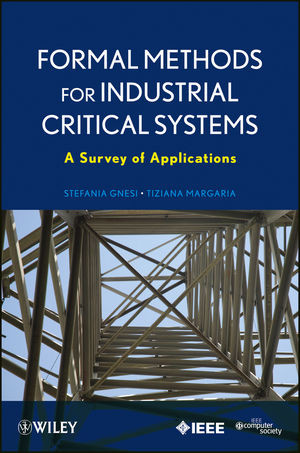

Most ebook files are in PDF format, so you can easily read them using various software such as Foxit Reader or directly on the Google Chrome browser.
Some ebook files are released by publishers in other formats such as .awz, .mobi, .epub, .fb2, etc. You may need to install specific software to read these formats on mobile/PC, such as Calibre.
Please read the tutorial at this link: https://ebookbell.com/faq
We offer FREE conversion to the popular formats you request; however, this may take some time. Therefore, right after payment, please email us, and we will try to provide the service as quickly as possible.
For some exceptional file formats or broken links (if any), please refrain from opening any disputes. Instead, email us first, and we will try to assist within a maximum of 6 hours.
EbookBell Team

4.3
98 reviewsGrowing out of more than a decade of award-winning collaborative work within the European Research Consortium for Informatics and Mathematics, Formal Methods for Industrial Critical Systems: A Survey of Applications presents a number of mainstream formal methods currently used for designing industrial critical systems, with a focus on model checking. The purpose of the book is threefold: to reduce the effort required to learn formal methods, which has been a major drawback for their industrial dissemination; to help designers to adopt the formal methods which are most appropriate for their systems; and to offer a panel of state-of-the-art techniques and tools for analyzing critical systems.
Content: